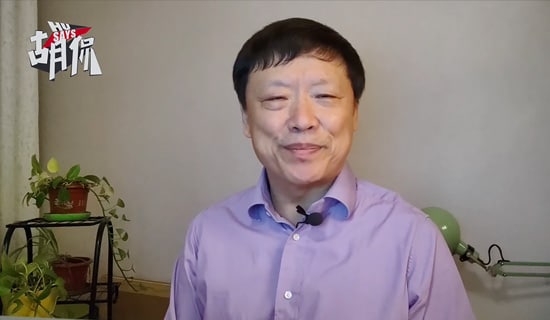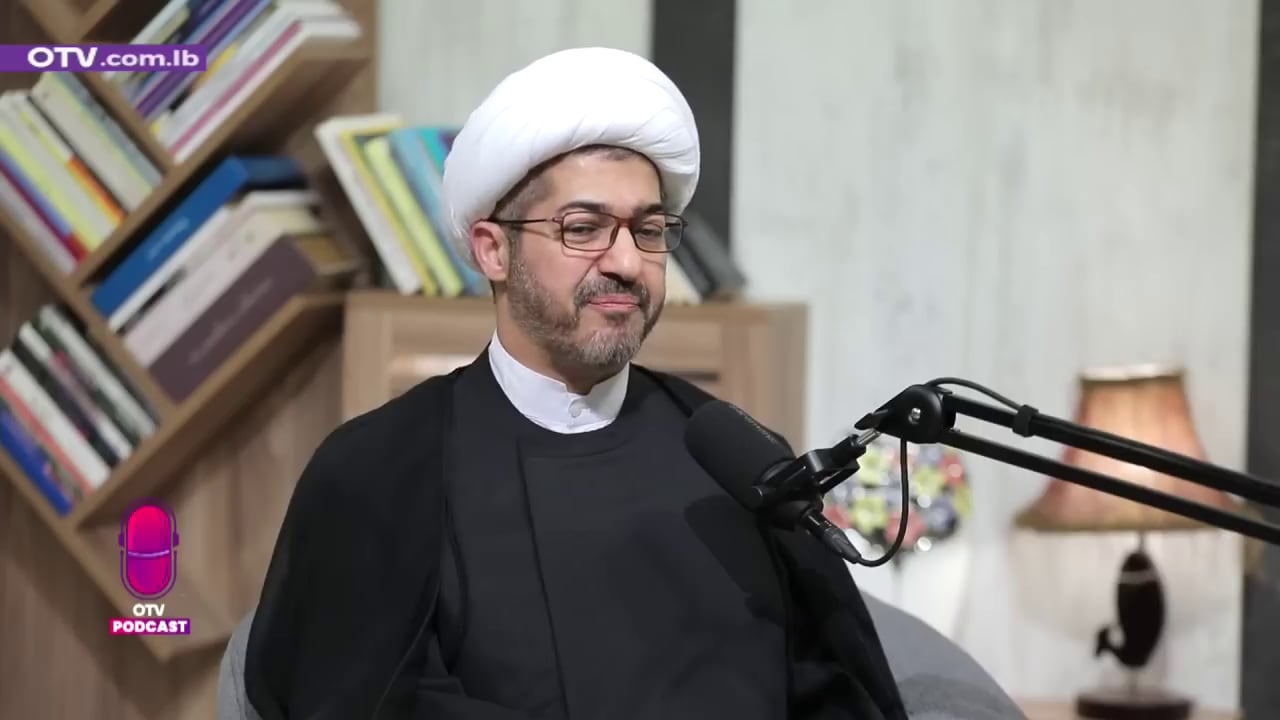
Qais Al-Khazali, Secretary-General of the Iraqi Shi'ite "Asa'ib Ahl Al-Haq" militia, warned that establishing an independent state in Iraqi Kurdistan would constitute an occupation of Iraqi lands. Giving an Eid Al-Adha sermon on September 1, a few weeks before the Iraqi Kurdistan independence referendum set for September 25, Al-Khazali said that Iraqi Kurdistan Region President Masoud Barzani's Peshmerga forces had been defeated by the Islamic State (ISIS), and that it had been Iraq, with its army, its police force, its PMU, and its counter-terrorism unit that had been victorious over ISIS. The sermon was broadcast on the Iraqi Al-Ahd TV channel.
Qais Al-Khazali: "I say to Masoud Barzani and to the supporters of partitioning and secession: In the event of partitioning, secession, and independence [of Kurdistan], you will become a separate state, which controls disputed lands, which are, in fact, Iraqi lands, according to Iraq's constitution and law.
[...]
"Given that according to the Iraqi constitution, these are Iraqi lands, if you establish an independent state there, your control of those Iraqi lands will constitute occupation.
[...]
"No honorable Iraqi, nor the Iraqi government or parliament, would accept the occupation of any part of the country. We have experience in dealing with occupation forces. You will face an Iraqi consensus against the occupation of these lands. You need to understand that Iraq in the post-ISIS era is different from what it had been before ISIS. In the past, some local, regional, and international parties planned ISIS, thinking that this would weaken the Iraqi state, but the tables have turned, and today, Iraq is politically stronger, and the heads of states, foreign ministers, and prime ministers of all the countries come to Iraq after its victories [over ISIS]. On the national level, Iraq is stronger today. You relied on Sunni-Shi'ite conflicts, but these are a thing of the past.
"Today, there is no sectarian tension in any city in Iraq. Today, Iraq is stronger militarily. Today, Iraq has a strong army, as well as a police force, a counter-terrorism unit, an Iraqi air force with F-16 and MiG-35 fighter jets, and so on. Above and beyond all these, it has the Popular Mobilization Units. The balance of power has changed, and Iraq is no longer a weak state that is incapable of defending its own land. We know full well and everybody on the ground knows full well that Masoud [Barzani's] Peshmerga forces were incapable of defending Irbil when it was attacked by ISIS. Without the massive American air cover, you [Kurds] would have been incapable of defending your own capital.
[...]
"You [Peshmerga] were defeated by ISIS, whereas Iraq, with its army, its police force, its PMU, and its counter-terrorism unit, was victorious over ISIS. We are two levels above you. If you are relying upon the U.S. coalition airplanes to come to your aid in the event of a problem between you and the Iraqi government, such aid will not come. The U.S. will not open a new front against the central Iraqi government. It may have stood alongside you against ISIS, but it will not be on your side [against the Iraqi government]. At the very most, it will take a position of neutrality. You will be defenseless.
"I address the Kurdish people, whom we consider to be our compatriots: Be wary of being dragged into and of following Masoud Barzani's tribal plans. A day or two ago, we marked the anniversary of Masoud Barzani's request for help from the forces of Saddam Hussein, who brought his forces into the Kurdistani regions, leading to thousands of deaths. Someone who was a traitor once will be a traitor again, and betraying your people is the most base and despicable thing you can do."













